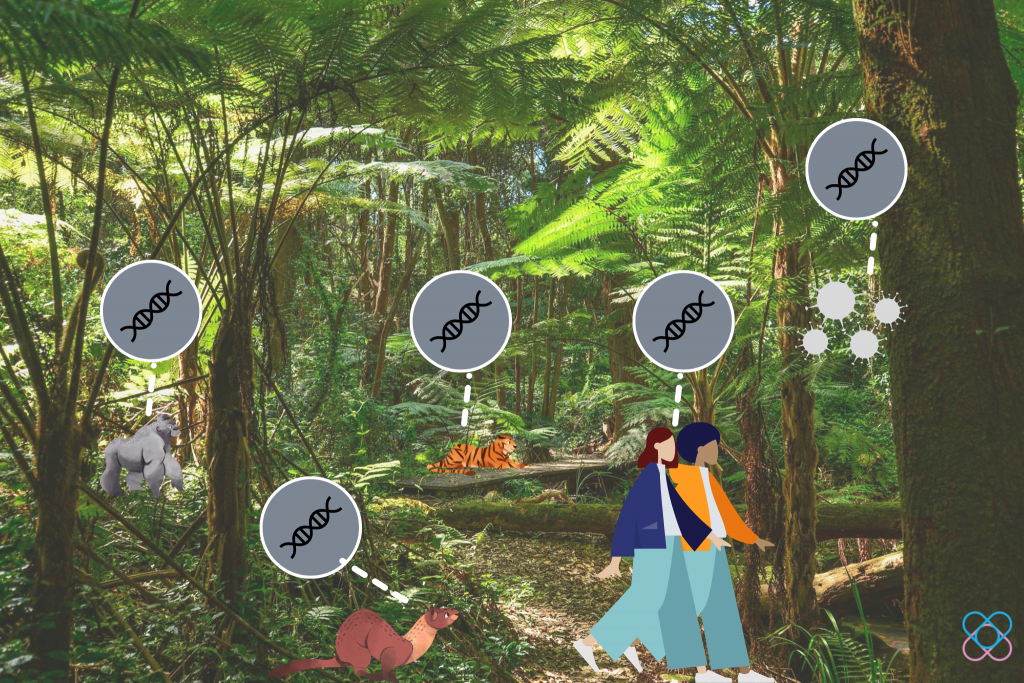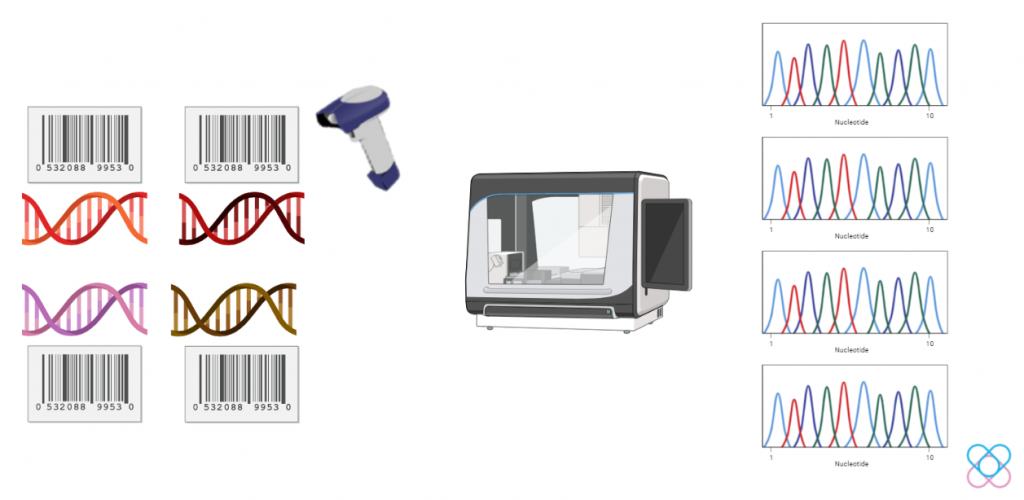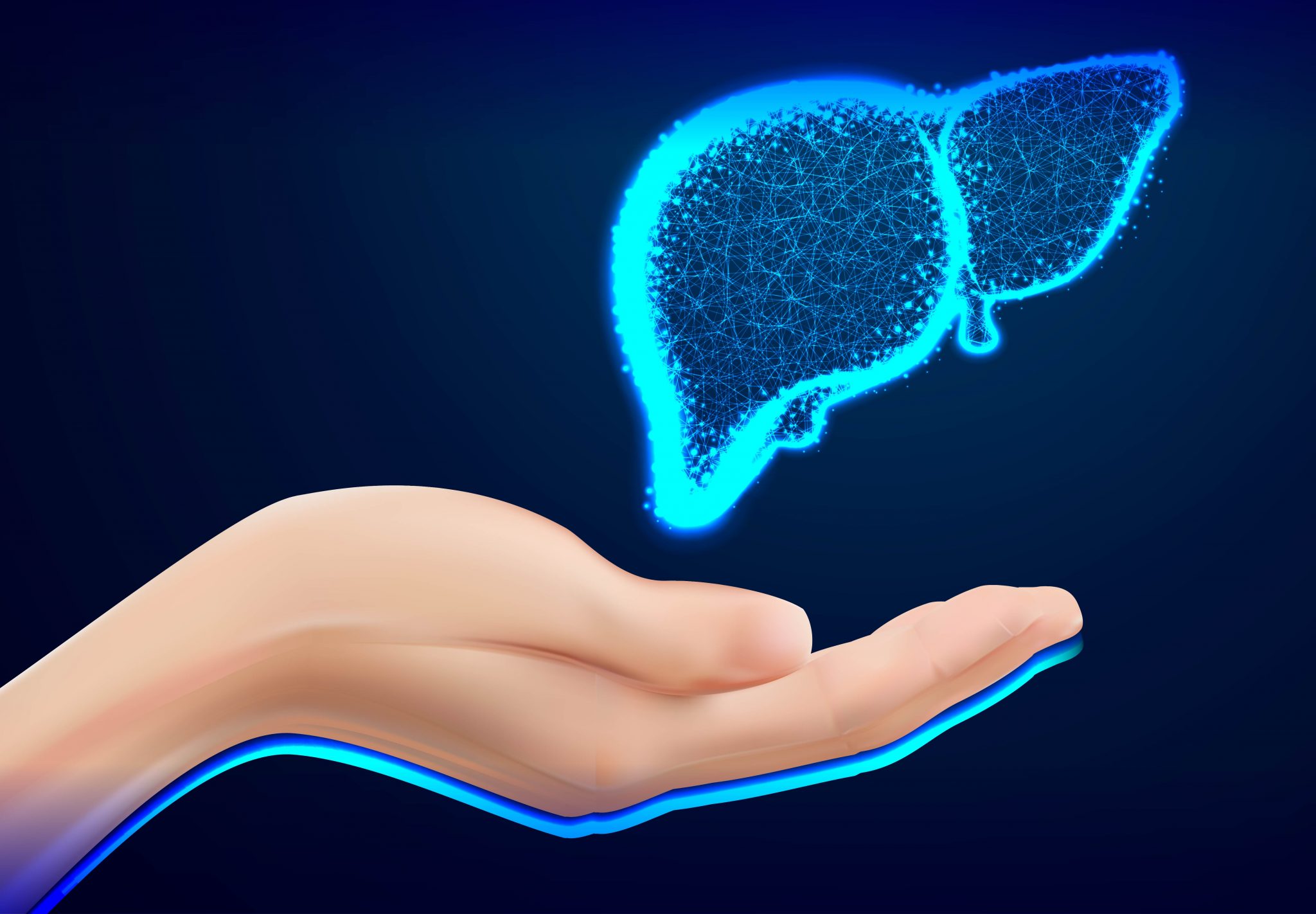What exactly is eDNA?
Every living thing leaves traces of their genetic make-up in the environment wherever they go. It can be in the form of a strand of hair, a piece of dead skin, nail clippings, fecal droppings, and many more. The “shedding” left within the environment is termed environmental DNA (eDNA). These DNAs yield many important messages and information about the organism in that area. eDNA has been used in detecting invasive or endangered species and observing the changes in the ecosystem such as aquatic and land3.
The latest application of eDNA studies has branched into human studies such as genetic population, and health risk assessment. A study reported that researchers used eDNA to assess chronic diseases impacted by abiotic and biotic exposures.

Environmental exposure and the effects on human health
There are two forms of environmental stressors:
- Abiotic – Non-living things such as the Sun, wind, rain, river, pollen, chemicals, etc
- Biotic – Living organisms such as microbes, pests, animals, humans, etc
We interact with the environment every day. Complex chronic environmental-related diseases are usually caused by multiple exposures to these environmental stressors. eDNA studies allow us to understand human exposure to the environment and relate them to our health conditions.
How does it work?
eDNA sequencing allows researchers to detect alterations or modifications in a specific area. Environmental pollution such as oil spills, toxin waste release, or invasion of microorganisms in an area can be discovered through eDNA studies.
Collecting samples for eDNA is pretty easy and safe. Researchers do not need to collect samples from the organism themselves but only collect the soil, river water, or even the air. Then, the researchers will perform DNA extraction and polymerase chain reaction (PCR) for screening. After that, a process known as metabarcoding is done on the DNA samples to identify different species located or have invaded that area. This allows researchers to analyze and monitor the changes in the environment. Then, these environmental changes can be related to the cause and effect on human health.
Metabarcoding… Do you mean the barcode we can find on packages?
Just like different products have different barcodes, our DNA barcodes are as different from person to person. Metabarcoding serves as a barcode scanner that can detect many species’ DNA at one go. Metabarcoding relies on high-throughput sequencing technologies that allow analyzing and determination of DNA sequences1. Analyses of air pollution, water contamination, and any environmental exposure to chemicals may provide an overview of our human health risks.

Conclusion
eDNA has provided many insights into the environment and its changes over time. eDNA enables researchers to assess chronic diseases caused by changes in the environment over time. Natural or man-made environments really do impact and influence human health one way or another. Therefore, there is potential to correlate eDNA studies and human health to sustain healthy living environments for people.
References
1. Anon. What is Metabarcoding? Accessed 11th March 2022 from https://metazoogene.org/metabarcoding#:~:text=Metabarcoding%20is%20the%20large%2Dscale,genes%20(called%20DNA%20barcodes).
2. Cottier, C. Scientists Are Vacuuming Animal DNA Out of The Air. (2022). Discover. Accessed 10th March 2022 from https://www.discovermagazine.com/planet-earth/scientists-ar e-vacuuming-animal-dna-out-of-the-air.
3. Thakur, I. S., & Roy, D. (2020). Environmental DNA and RNA as Records of Human Exposome, Including Biotic/Abiotic Exposures and Its Implications in the Assessment of the Role of Environment in Chronic Diseases. International journal of molecular sciences, 21(14), 4879.

